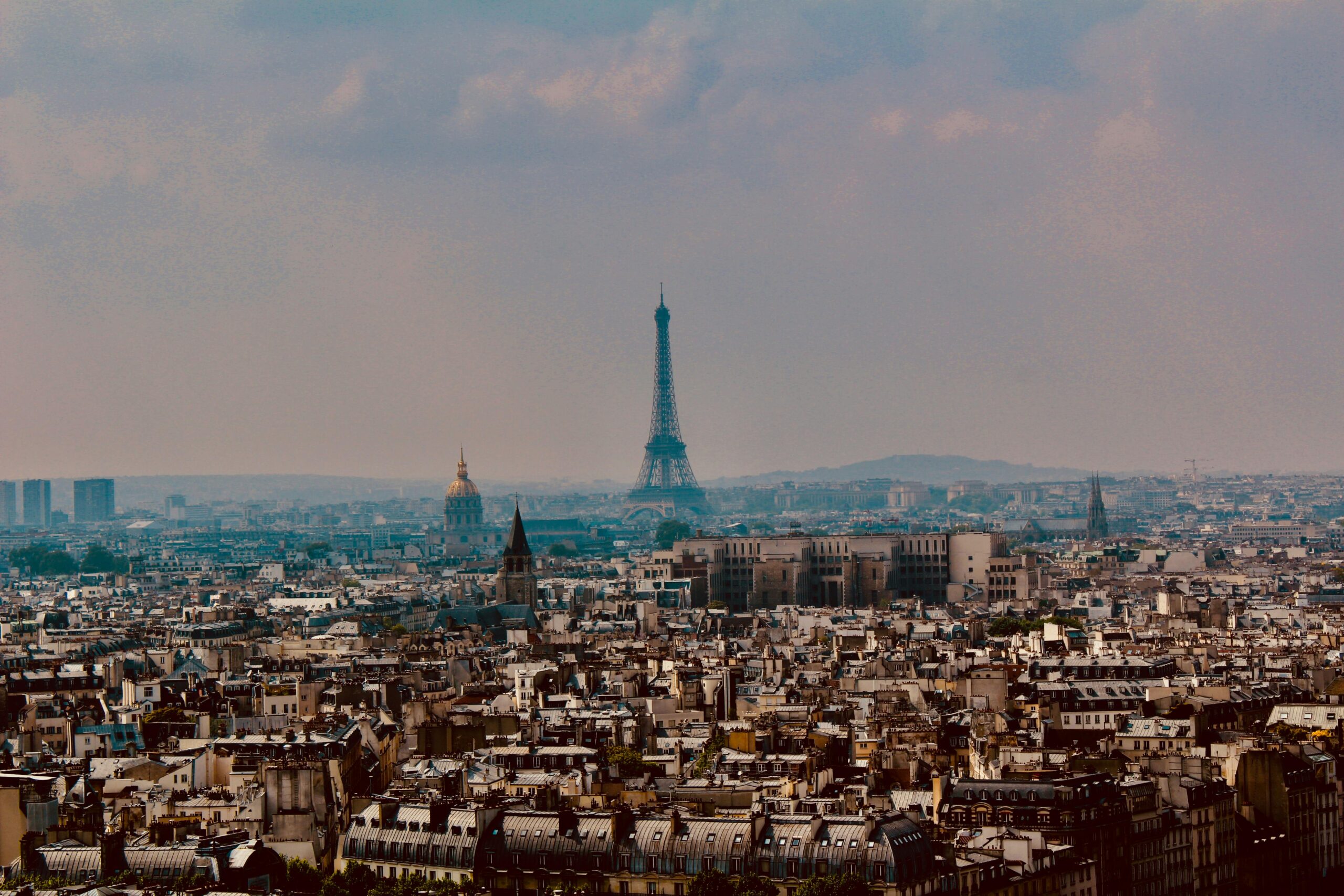A semi-autobiographical story with powerful political resonance, Residue presents itself as a film representative of anger. That of an African-American population swept away by gentrification and insidious white bourgeois colonization. If the neofilmmaker Merawi Gerima does not lack intention and symbols, his story sometimes lacks the impact to capture all the contours of a social wrath sadly banal and current.
Residue : a harsh and eminently political film
Young screenwriter returning home in an old neighborhood of Washington D.C., Jay realizes that the inhabitants are being replaced by a wealthy and white population. The young man goes in search of his old friends and family in an environment that is now unknown to him. It is through meetings with the former population, expropriated little by little, that he will realize the impact of gentrification on his community. What is striking at the outset in Residue is not so much its accuracy as the way of filming Merawi Gerima, son of Ethiopian director Haile Gerima (The harvest of three thousand years, Sankofa) and of which this is the first feature film. Despite an obvious lack of budget, the neofilmmaker asserts a very marked paw, with a photography that gives pride of place to sunny filters and the grain of the film. A visual idea that will echo Residue's latent discourse, that of gentrification, i.e. the replacement of one category of population by another more affluent.
An invisible oppressor
Merawi Gerima is not afraid to show this "white-replacement" of the African-American community, in favor of chic suburbs around major metropolises. Entirely focused on black populations, the film shows very little of the oppressor, whose permanent presence is through the off-camera. A choice of staging that Gerima admits to having improvised, not having found enough white actors to appear in Residue. Never mind, the young director makes it a visual force by focusing almost exclusively on black populations.  Shot during the summers of 2017 and 2018, Residue seems almost divinatory in its imagery , reminiscent of the American Black Lives Matter movements during the death of George Floyd, killed by a white police officer in 2020. The film received the Special Mention of the independent section Venice Days at the Venice Film Festival a few months after this event. Its release for January 2022 therefore finds a very powerful symbolic and political echo, as the statement is supported on popular anger. Whether through the characters, dialogues or even the wanderings of the protagonist sublimated by a photograph that tends towards ochre, everything seems to bring the viewer back to a breath of revolt and a statement of urgency.
Shot during the summers of 2017 and 2018, Residue seems almost divinatory in its imagery , reminiscent of the American Black Lives Matter movements during the death of George Floyd, killed by a white police officer in 2020. The film received the Special Mention of the independent section Venice Days at the Venice Film Festival a few months after this event. Its release for January 2022 therefore finds a very powerful symbolic and political echo, as the statement is supported on popular anger. Whether through the characters, dialogues or even the wanderings of the protagonist sublimated by a photograph that tends towards ochre, everything seems to bring the viewer back to a breath of revolt and a statement of urgency.
A fair but unfinished first work
But between the laudable intentions and the result, Merawi Gerima reminds us without his knowledge that he is still a young author. Thus we see the ambition, the will of the African-American filmmaker to take a black look at the social situation of his country. Still, the feature film, laboriously paced, lacks impact and strong situations to achieve its ends.  Sometimes parasitized by incongruous flashbacks (in favor of really successful situations, such as a shocking sequence in prison), the film shows very little explosion. This wrath, however so apparent in the mouths of the characters, will remain only in a primary state. Condemned to appear only in the last minutes of a feature film that would miss THE missing part. As if the filmmaker knew it was vain, or worse, useless. Still, Residue has its share of strong images and cinematographic ambitions to make us understand the value of its subject. Merawi Gerima poses as a filmmaker with a strong, political aesthetic, but without playing ideologues. And his first feature film to be a beautiful parable of an obvious and severely concealed social disaster. https://www.youtube.com/watch?v=av0-XFMucew
Sometimes parasitized by incongruous flashbacks (in favor of really successful situations, such as a shocking sequence in prison), the film shows very little explosion. This wrath, however so apparent in the mouths of the characters, will remain only in a primary state. Condemned to appear only in the last minutes of a feature film that would miss THE missing part. As if the filmmaker knew it was vain, or worse, useless. Still, Residue has its share of strong images and cinematographic ambitions to make us understand the value of its subject. Merawi Gerima poses as a filmmaker with a strong, political aesthetic, but without playing ideologues. And his first feature film to be a beautiful parable of an obvious and severely concealed social disaster. https://www.youtube.com/watch?v=av0-XFMucew










































